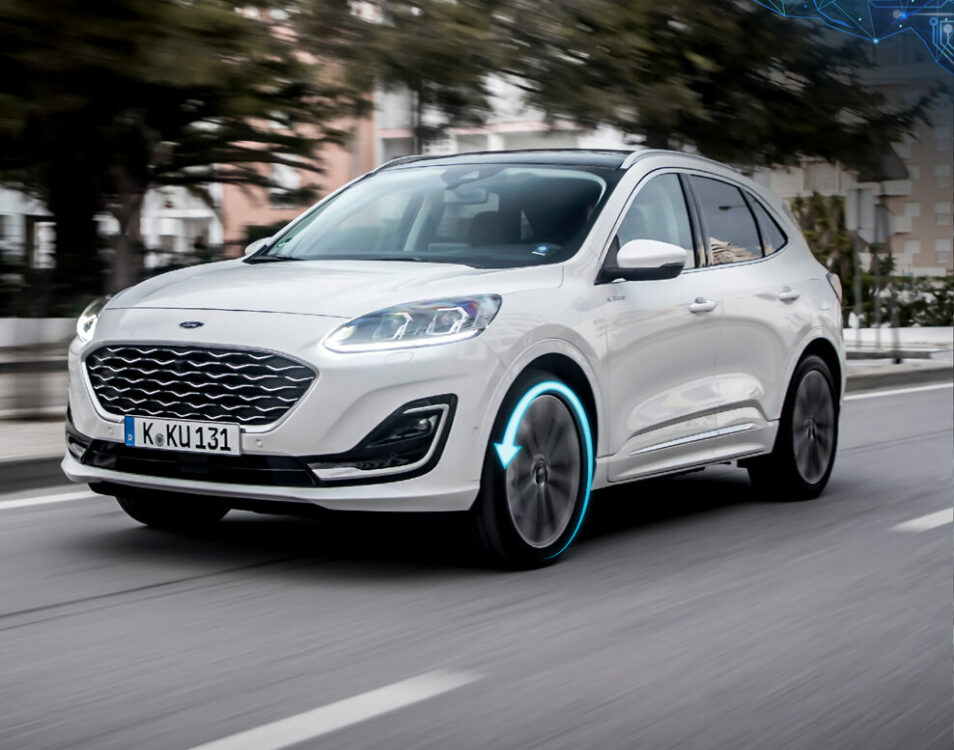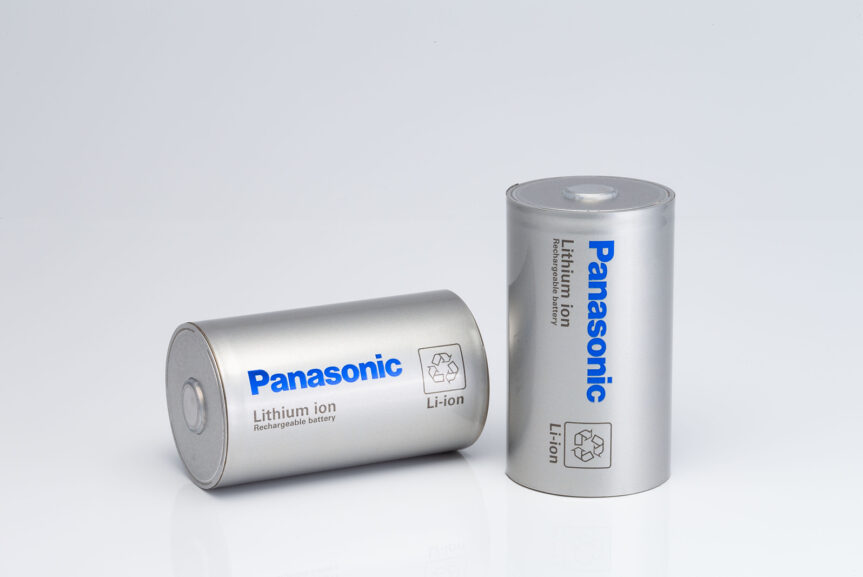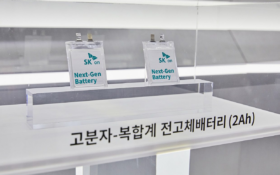Everledger, which offers traceability of products including batteries, announced a battery passport scheme with US car manufacturer Ford. The aim is responsible recycling of electric vehicle (EV) batteries.
The pilot uses Everledger’s technology platform to track EV batteries throughout their lifecycle to recycling. It will allow Ford to track out-of-warranty batteries, validate responsible end-of-life recycling, and gain access to data such as recycled critical minerals produced and associated CO2 savings, according to Everledger, a UK company.
The two parties will use the battery passport solution to track batteries in various late and newer EV models for six months. They will work with US lithium-ion battery recyclers Cirba Solutions and Li-Cycle.
The system will use a range of technologies, including various types of auto ID, blockchain and artificial intelligence. During manufacture, Ford batteries and their inner modules are tagged with 2-D data matrix codes, which are then scanned by each organisation as the battery changes hands. These scans report information about a battery’s location, chemistry and other attributes and activities.
The pilot comes ahead of the new European Battery Regulation, which will come into force in late 2022/early 2023. It will require manufacturers to report on their responsibility for battery recycling.
This pilot will be in the North American market. The passport will be released after six months of testing.












